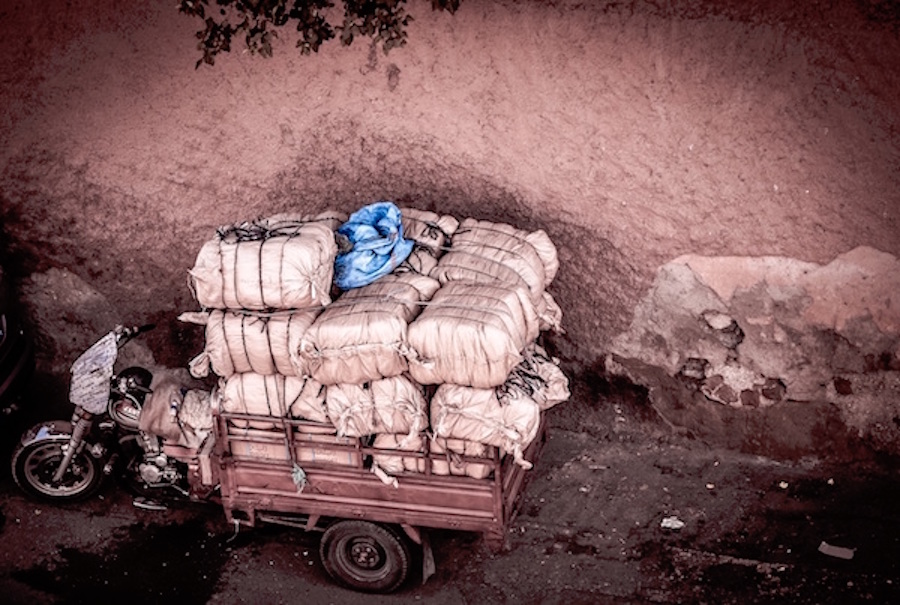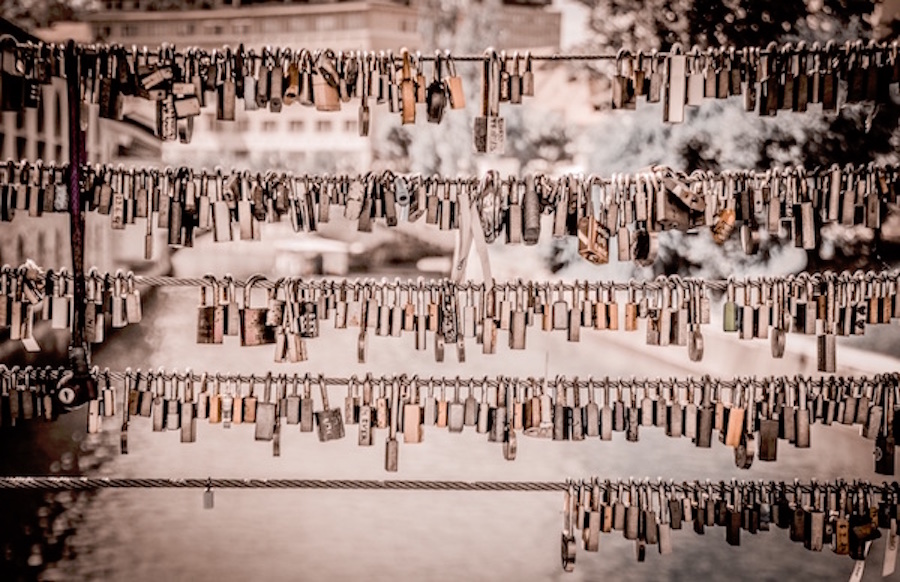
Chiara Townley
Contributor
The first meeting with the third world can be a tough experience, especially if you find it where you don’t expect it.
After visiting Bali, we wanted to explore off the beaten path destinations and we chose Kuta, Lombok. Lombok is an island east of Bali. Tourists go there to explore the Gili islands located to the northwest of Lombok, but we wanted to stay in a more secluded area. We had read about Kuta on travel blogs and it seemed a paradise away from tourists.
During the drive to the guesthouse we looked outside the window, curious to know more about local life. We saw people gathered around falling apart huts, sad skinny faces and homeless dogs chasing food. We were surprised to see so much poverty and we hoped that the central area of Kuta was a little bit more developed.

Photograph via Rubén Bagüés
When we arrived at the guesthouse, we were welcomed by the guys working in the surf shop, a side business opened by the owners of the guesthouse. Our room was simple, but clean. The majority of guests were surfers. We liked the young vibe of the place and we couldn’t wait to explore the island.
Our enthusiasm was covered by a veil of sadness when we took our first walk to the beach. The streets were partly paved, the rest simply dirt. There were young drivers cruising around on fast motorbikes with no regard for pedestrians. The closer we got to the beach the more trash we saw. It was everywhere, scattered in all directions with no trash cans. Not in ANY of the travel blogs or reviews we had read about Kuta was there even small mention of the trash problem. My heart was broken and I felt sad and angry. That beautiful landscape was ruined by the people that should cherish it the most and the travelers that had been here had decided to hide the reality to show off. The other tourists we met in Kuta didn’t seem to care about the situation either.
They were surfers, just interested in chasing big waves.
There are a couple restaurants in Kuta, a few are surprisingly fancy. Tourists go there, eat and go back to their hotel. While I was sitting down waiting for food I thought that these places are a kind of oasis in the middle of a poverty desert. From the table you can see a small piece of Kuta, the one that makes you think that everything is fine. We didn’t feel comfortable though, we couldn’t stop thinking about the poverty and the trash. The relationship between locals and tourists is complicated, like the landscape. Locals who depend on tourism to make a living are kind and welcoming, but the ones that live in poverty look at you with a sombering gaze. Unfortunately, they just see us as bags of money.
We tried our best to give Kuta a second chance. We rented a motorbike and explored different areas. On the way to the beach we finally saw some green spots, nature seemed to thrive despite the garbage. Then more poverty, more huts falling apart, cows eating grass and barefoot kids working alongside with their parents. As soon as we layed down on the beach we were harassed by kids selling bracelets and fruit. Trash was always present, on the shore and in the water.
The only day we left our sad thoughts locked in the room was when we went for a surf lesson with the guys of the guesthouse. They took us to a beach with big waves and trash cans, finally. We enjoyed spending time there and we saw a silver lining in our Kuta experience.
Photograph via Rubén Bagüés

There are people on the island, like the owner of the guesthouse, who care about the place and work hard to make it better for locals and tourists. Every week he gathers locals and kids to clean the beaches and educate them to respect nature. Education is key to change things, but there are too many kids on the island and he can’t reach them all. Schools are not free, sometimes the government helps but not always, a vendor told us. Many kids can’t afford to go to school and live at the edge of society. The ones who have the chance to get an education are studying English and stopped us more than once to practice the language. They have hope for a better future.
We, as travelers and writers, should always be able to embrace a location, with its positive and negatives sides and the best thing we can do to help is to give a little something to support education and environmental initiatives. If you go to Kuta, please talk to locals and find ways to help.
More About Chiara Townley: Chiara Townley was born in Milan, Italy in 1984. She has always had a passion for foreign languages and travel. She lived in 4 countries to date and she likes defining herself as a citizen of the world. Chiara became an author to inspire and empower. She believes that travel is a passion that can take us to different paths in life – a vehicle to open new horizons. Her motto is: “Fairy tales exist and it depends on us to make them happen.” You can learn more about Chiara at chiarabtownley.com.






